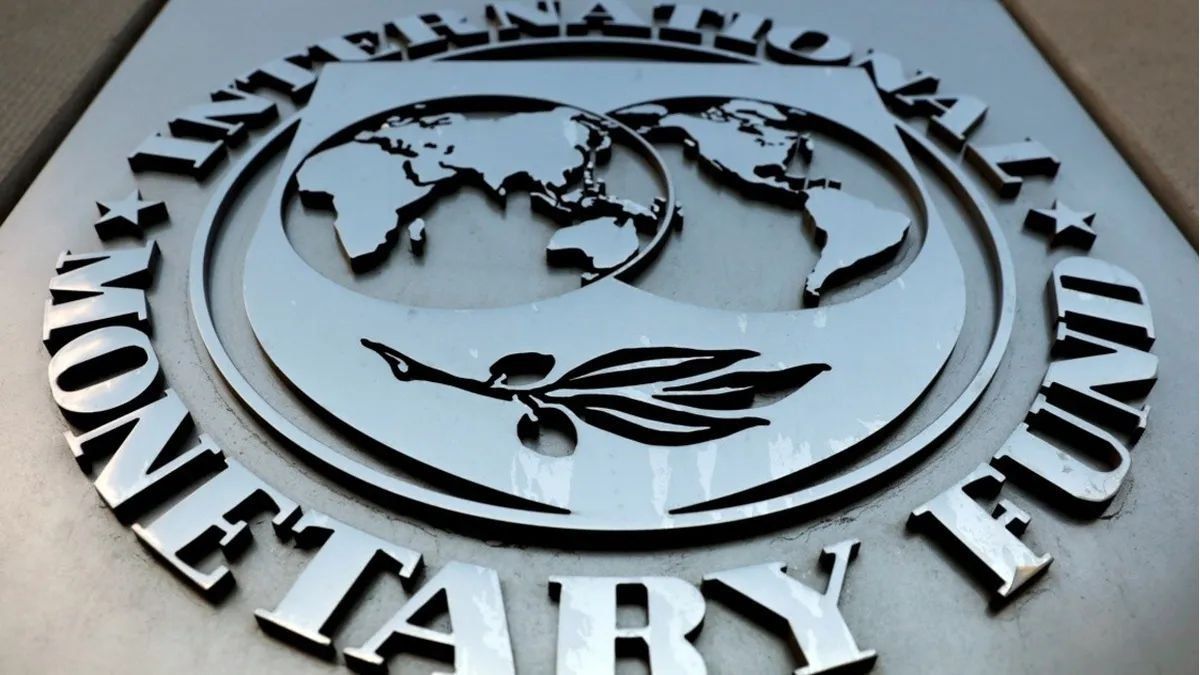At the beginning of the year, the Fund expected the global recovery to strengthen in the second quarter of the year after the limited impact of the Omicron variant. Since then the prospects they have deteriorated mainly because of the Russian invasion of Ukraine.
The crisis resulting from the war was unleashed when the global economy was on a path of repair “but not fully recovered from the Covid-19 pandemic, with a significant divergence in the economic recovery between advanced and emerging and developing countries”, said the economist Pierre-Olivier GourinchasResearch Director of the multilateral organization.
In addition to war, Frequent and widespread lockdowns in China, including key manufacturing hubs, also slowed activity in the world’s largest economies.. These circumstances “may cause new bottlenecks in global supply chains.”
In this way, the risks to the economic outlook grew “abruptly” and economic policy decisions have become “more challenging”.
The report predicts that, with a few exceptions, employment and output trends will remain below pre-pandemic levels through 2026.
Inflation
The Fund hopes that inflation remains high for longer than previously expected hand in hand with the rise in the prices of raw materials induced by the war and by the expansion of price pressures.
For 2022, inflation is projected at 5.7% per year in advanced economies and 8.7% for emerging and developing countries, with increases of 1.8 and 2.8 pointsrespectively, in relation to the forecasts made in January.
In many countries, inflation has become a central concern. Some advanced economies, including the United States and certain European countries, have reached the highest levels of price increases in 40 years, in a context in which labor markets appear “tight”.
“There is a growing risk that inflation expectations become unanchored promoting a more aggressive monetary tightening response by central banks”Gourinchas maintains.
And he warns that “in emerging and developing economies, increases in food and fuel prices can significantly increase the risk of social unrest..
As Russia is a major supplier of oil, gas and metals and, along with Ukraine, of wheat and corn, the decline in the supply of these raw materials has caused a sharp rise in prices. Europe, the Caucasus region and Central Asia, the Middle East, North Africa, and sub-Saharan Africa are the most affected areas.
Increases in food and fuel prices are estimated to will affect the sectors with lower income globallyincluding America and Asia.
Although bottlenecks are expected to eventually ease as production globally responds to higher prices and increased operating capacity, supply shortages in certain sectors are expected to last into 2023.
As a result, “Inflation is now projected to remain elevated for longer than in previous reports, both in advanced economies and in emerging and developing countries.”
risks
Regarding the risks, the IMF warns that conditions can deteriorate significantly if imbalances between supply and demand worsen, including those derived from war. It warns that further increases in the prices of raw materials may lead to persistently high inflation, an increase in inflationary expectations and salary demands.
The world also faces financial dangers. Consider that a wide range of emerging economies could come under pressure if the pace of monetary policy tightening acceleratesespecially in the United States.”
Corporate and household debt has increased in many countries during the pandemic and this can create vulnerabilities in the credit market if interest rates and risk premiums rise “with implications for financial stability.”
The report also warns that the risk of further permanent fragmentation of the world economy into geopolitical blocs has increased with different technological standards, payment systems and foreign exchange reserves.
“This tectonic change would imply a high adjustment cost and long-term efficiency losses as supply chains and production networks are reconfigured,” says Gourinchas. And he adds that “it also represents the greatest challenge to the rules that have governed international and economic relations for the last 70 years”.
ukrainian war
The report assumes as assumptions that the war conflict will continue to be focused on Ukraine and that the pandemic will be controlled. However, he warns that The situation could worsen if the war worsens, if sanctions against Russia escalate, due to a more pronounced slowdown than expected for China or if a more virulent variant of Covid-19 breaks out.
The Fund is particularly cautious in warning that “due to the unprecedented nature of the shock, we note that the uncertainty surrounding these projections is considerable, well beyond the usual range”.
In this context, it is considered that “multilateral cooperation remains essential”. It states that an immediate objective is a peaceful resolution of the conflict in Ukraine, but it is also considered “imperative” to close the gap between the declared objectives and political actions on the climate front.
Equally important is the need to ensure equitable access to treatments to face Covid-19 (tests, therapies and vaccines).
Source: Ambito
David William is a talented author who has made a name for himself in the world of writing. He is a professional author who writes on a wide range of topics, from general interest to opinion news. David is currently working as a writer at 24 hours worlds where he brings his unique perspective and in-depth research to his articles, making them both informative and engaging.




